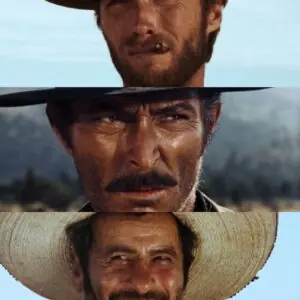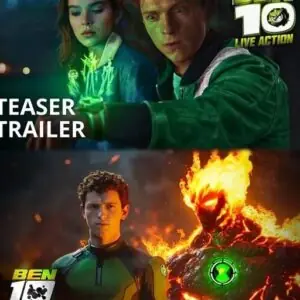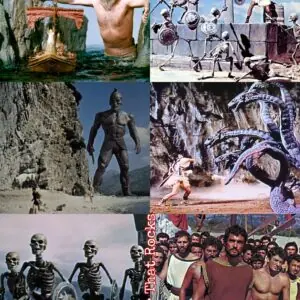Kill the Messenger (2014), directed by Michael Cuesta and starring Jeremy Renner, is a political thriller based on the incredible—and tragic—true story of investigative journalist Gary Webb. Drawing from the 1998 book Dark Alliance by Webb himself, along with Nick Schou’s book of the same title, the film chronicles how one man’s relentless pursuit of truth led to one of the biggest media controversies in recent American history—and ultimately, to his professional and personal undoing.
At its core, Kill the Messenger is about journalism, accountability, and power. It’s not a flashy spy thriller or an action-heavy blockbuster. Instead, it’s a tightly wound drama that explores how the truth, when inconvenient to those in power, can become a weapon—one that often turns on the people who wield it.
Plot Summary
The story begins in the mid-1990s, with Webb (Jeremy Renner) working as a reporter for the San Jose Mercury News, a regional paper not typically known for breaking national headlines. That changes when Webb stumbles upon court documents hinting at a connection between Nicaraguan drug traffickers and the CIA.
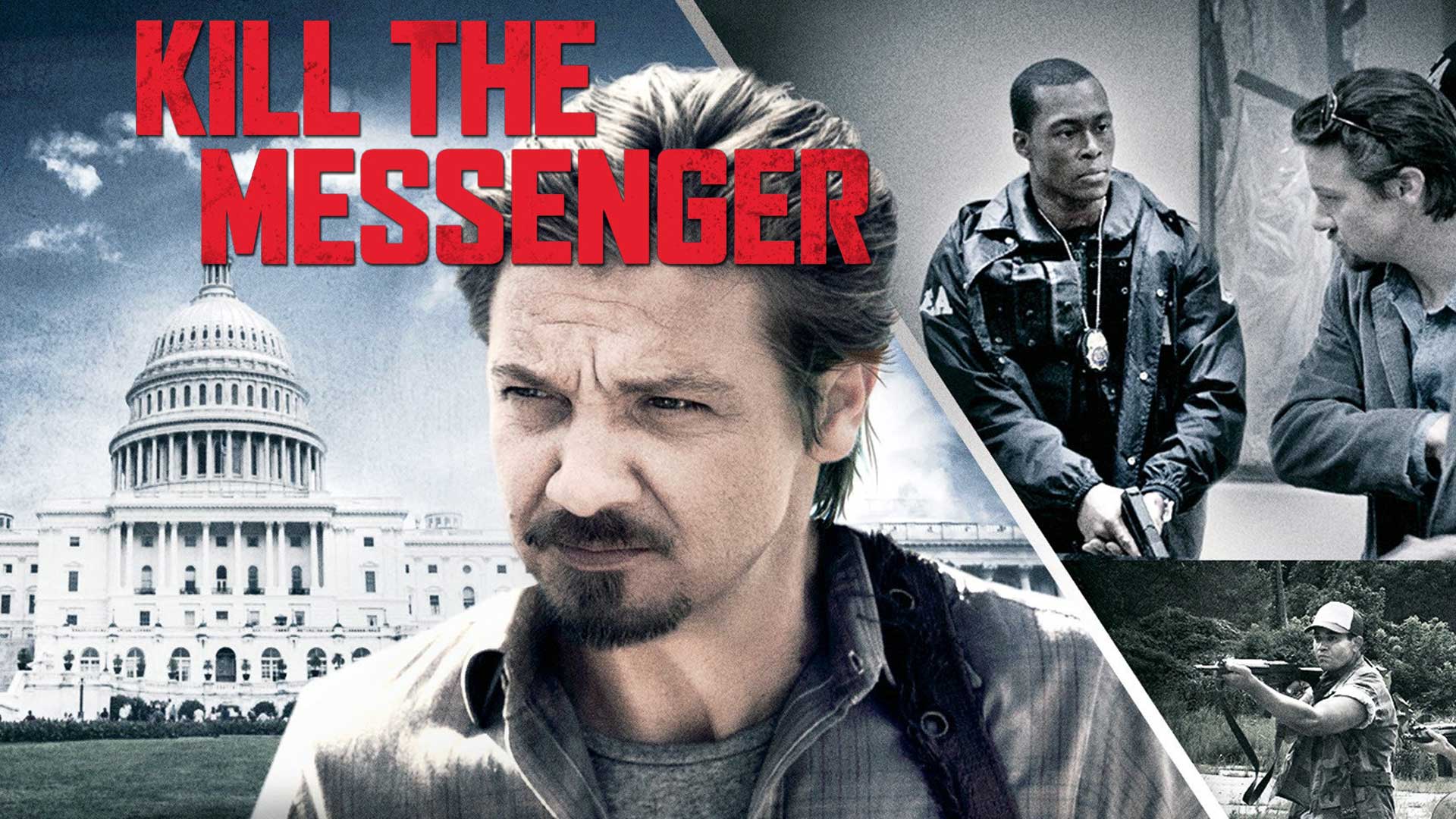
As he digs deeper, Webb uncovers a complex web: during the 1980s, the CIA allegedly turned a blind eye to—or even facilitated—the trafficking of cocaine into the United States by Nicaraguan Contras, in exchange for funding their insurgency against the Sandinista government. The drugs, Webb discovers, flooded poor, Black neighborhoods in cities like Los Angeles, contributing to the rise of the crack epidemic.
Webb’s reporting culminates in his groundbreaking 1996 series Dark Alliance, which makes him a media sensation—until the backlash begins. Major newspapers, including The New York Times and The Washington Post, start attacking not just his findings, but his credibility. The story shifts from what Webb uncovered to whether he “got it right.” The CIA, meanwhile, issues carefully worded denials. Webb finds himself abandoned by his editors, his reputation in ruins, and his family under tremendous strain.
Performance: Jeremy Renner as Gary Webb
Renner delivers one of the best performances of his career as Gary Webb. He brings charisma and conviction to the role, portraying Webb as a driven, passionate, and deeply flawed man. Renner’s Webb is not a crusading saint, but a complex human being—a loving father, a sharp reporter, and a man whose confidence sometimes borders on arrogance. This layered performance makes the emotional arc of the film all the more powerful.
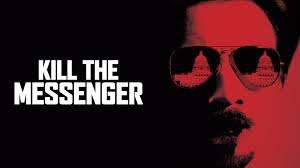
Renner’s performance is especially strong in the film’s quieter moments: when he realizes he’s being watched, when his colleagues begin to distance themselves, and when he sees the career he’s built start to collapse. There’s a slow, haunting disillusionment in his eyes that captures the heart of the story: the price of truth in a world that doesn’t always want it.
Direction and Tone
Michael Cuesta, known for his work on Homeland and Six Feet Under, brings a steady and unflashy hand to the film. He wisely avoids sensationalism, instead choosing a grounded tone that mirrors the real-life grit of journalism. The pacing is brisk but never rushed, allowing the audience to follow the intricacies of the investigation while still building emotional tension.
The cinematography by Sean Bobbitt (12 Years a Slave) emphasizes the mundane settings of newsrooms, courtrooms, and suburban homes—places where real battles for justice often unfold. Cuesta and Bobbitt work together to make these ordinary environments feel quietly threatening, especially as Webb becomes more isolated.
The score by Nathan Johnson is subtle and moody, providing tension without overwhelming the story. Like the rest of the film’s craftsmanship, it serves the narrative rather than drawing attention to itself.
Themes: Truth, Power, and Institutional Silence
Kill the Messenger is not just a movie about one man—it’s an indictment of systemic failure. It explores how powerful institutions, including the media, can close ranks when their authority is threatened. The most chilling scenes in the film aren’t ones of physical violence, but of professional sabotage: the whisper campaigns, the editorial second-guessing, the subtle discrediting that erodes a journalist’s credibility until nothing is left.
It also raises important questions: Who gets to tell the truth? Who gets believed? Why did major newspapers focus more on discrediting Webb than on investigating his claims? And what does it say about the role of journalism when institutional loyalty outweighs a commitment to the truth?
The film doesn’t claim that every detail of Webb’s story was irrefutably proven, but it forcefully argues that the core of his reporting was credible and important—and that the way he was treated by his peers was nothing short of betrayal.
Supporting Cast
The film features a strong ensemble supporting cast. Rosemarie DeWitt plays Webb’s wife, Sue, balancing loyalty with fear for her family’s safety and future. Their scenes together are tense and heartbreaking, especially as their marriage begins to strain under the weight of the fallout.
Mary Elizabeth Winstead plays Anna Simons, one of Webb’s editors, whose initial support wavers under pressure. Oliver Platt and Michael Sheen portray figures in the media establishment who reflect the institutional skepticism and fear of reprisal that greeted Webb’s findings. Andy García appears in a memorable scene as a former drug lord who gives Webb one of his key leads.
Each character serves to highlight how alone Webb ultimately becomes, not because he was wrong, but because he challenged those who couldn’t afford for him to be right.
Historical Significance and Aftermath
While the film ends before Webb’s tragic suicide in 2004 (which the end cards briefly acknowledge), Kill the Messenger leaves no doubt about the emotional and professional toll of his work. The CIA would later admit that many of Webb’s key assertions were valid, including that they had relationships with drug traffickers. But by then, his career was over, and his reputation had been irrevocably damaged.
The film doesn’t scream its message, but it’s clear: speaking truth to power is often a lonely, thankless, and dangerous endeavor. And sometimes, the messenger is the first casualty.

Conclusion
Kill the Messenger is a powerful, sobering film that deserves more attention than it received upon release. It’s a story about courage, journalism, and the quiet ways in which institutions can crush dissent—not with brute force, but with silence, ridicule, and abandonment.
Anchored by Jeremy Renner’s standout performance and supported by strong direction and writing, the film serves as both a gripping thriller and a cautionary tale. In an era of disinformation, media skepticism, and whistleblower persecution, Kill the Messenger is as relevant today as ever.
Rating: 9/10


